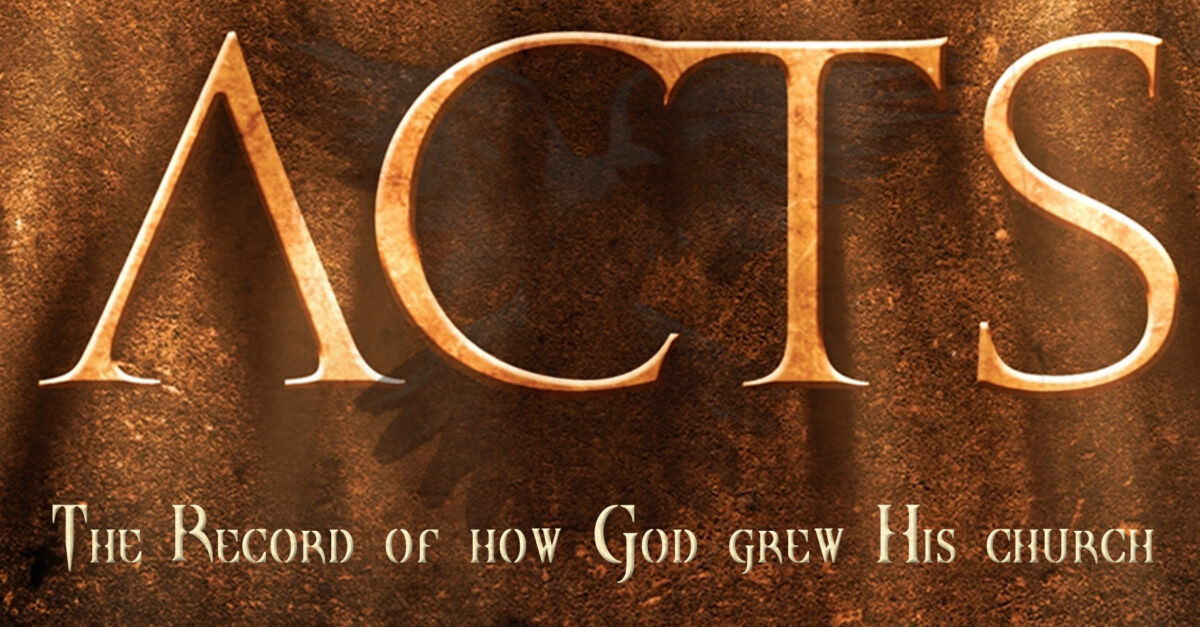Philippians 4:4-7
Rejoice in the Lord always. I will say it again: Rejoice! Let your gentleness be evident to all. The Lord is near. Do not be anxious about anything, but in every situation, by prayer and petition, with thanksgiving, present your requests to God. And the peace of God, which transcends all understanding, will guard your hearts and your minds in Christ Jesus.
James 1:2–4 Consider it pure joy, my brothers and sisters, whenever you face trials of many kinds, 3 because you know that the testing of your faith produces perseverance. 4 Let perseverance finish its work so that you may be mature and complete, not lacking anything.
Trials of life come in various forms, shapes and sizes and it is extremely difficult to be joyful when faced with various trials, but the outcome makes it inevitably important and hence, we should count it all joy because by the help the Spirit provides, we shall be victorious.
Steadfastness is inevitable to a viable Christian life. Paul encourages the Christians in Corinth to be steadfast (or immovable). This suggests the idea of consistency in faith and in our resolve.
A rock-solid faith is one that demonstrates steadfastness in upholding the truth in word and in deed. However, steadfastness does not come by accident!
Most times, it is produced through the ability to endure trials. James persuades us to allow steadfastness to have its full effect as this brings completeness. Paul admonished the Christians at Philippi to ‘rejoice in the Lord always’.
This is critically important that it necessitates emphasis. He goes ahead to repeat it: ‘I will say it again, rejoice!’ The word ‘always’ implies that our rejoicing should be all the time. This includes times of trial because we know that the Lord will never forsake us and He will see us through just as He saw Job through.
James 1:2-12
‘Consider it pure joy, my brothers and sisters, whenever you face trials of many kinds, because you know that the testing of your faith produces perseverance. Let perseverance finish its work so that you may be mature and complete, not lacking anything. If any of you lacks wisdom, you should ask God, who gives generously to all without finding fault, and it will be given to you. But when you ask, you must believe and not doubt, because the one who doubts is like a wave of the sea, blown and tossed by the wind. That person should not expect to receive anything from the Lord. Such a person is double-minded and unstable in all they do. Believers in humble circumstances ought to take pride in their high position. But the rich should take pride in their humiliation—since they will pass away like a wild flower. For the sun rises with scorching heat and withers the plant; its blossom falls and its beauty is destroyed. In the same way, the rich will fade away even while they go about their business. Blessed is the one who perseveres under trial because, having stood the test, that person will receive the crown of life that the Lord has promised to those who love him.’
Every Christian will face hard times and trials, this is inevitable. However, how we face those trails and what we learn from them help us grow and builds our faith. Life is like a bed of roses, in the beauty of it all there are thorns. Don’t allow those thorns to scar you for life. Heal them through Jesus and come back stronger.


